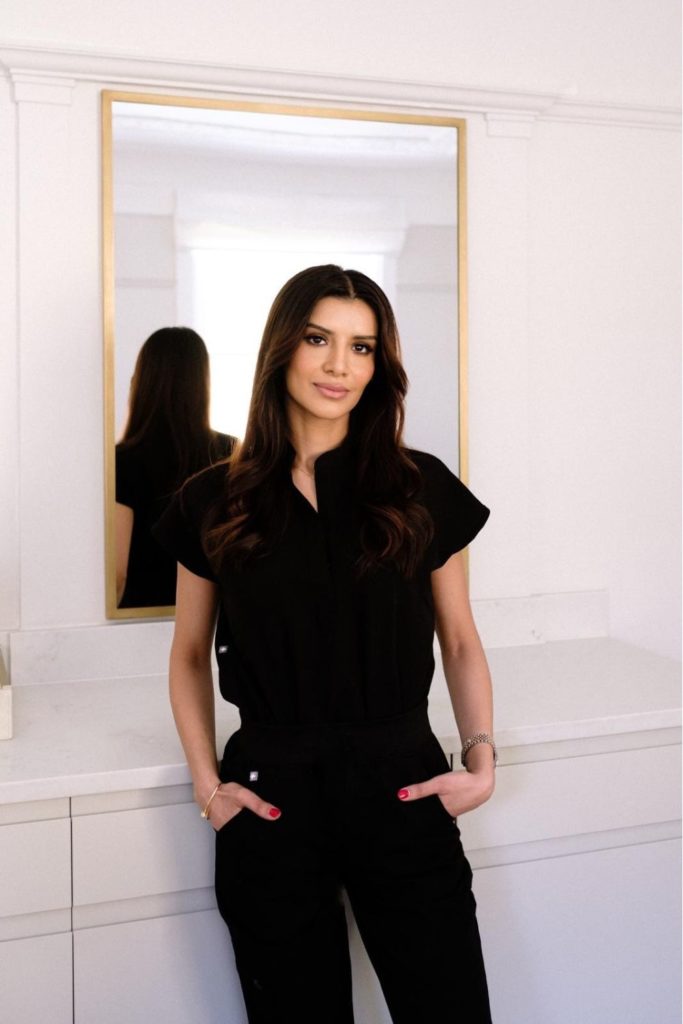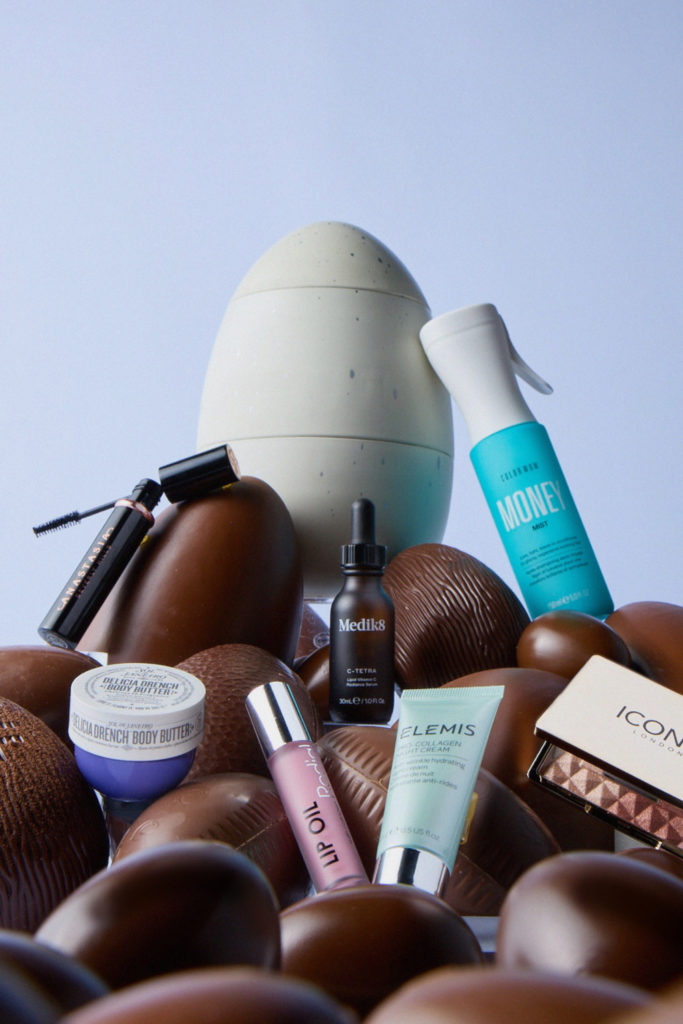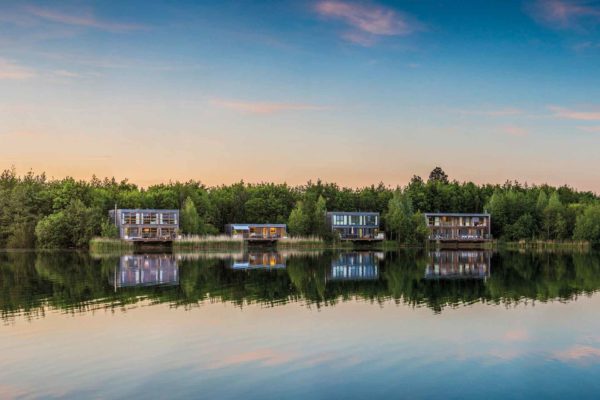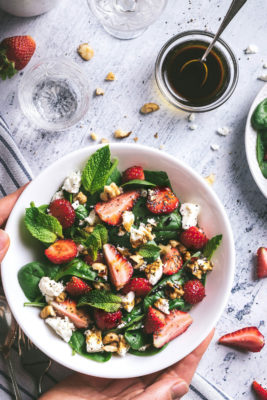Here’s What I Learned On A Longevity Retreat
By
9 months ago
What can Deepak Chopra teach us about expanding our lifespan?
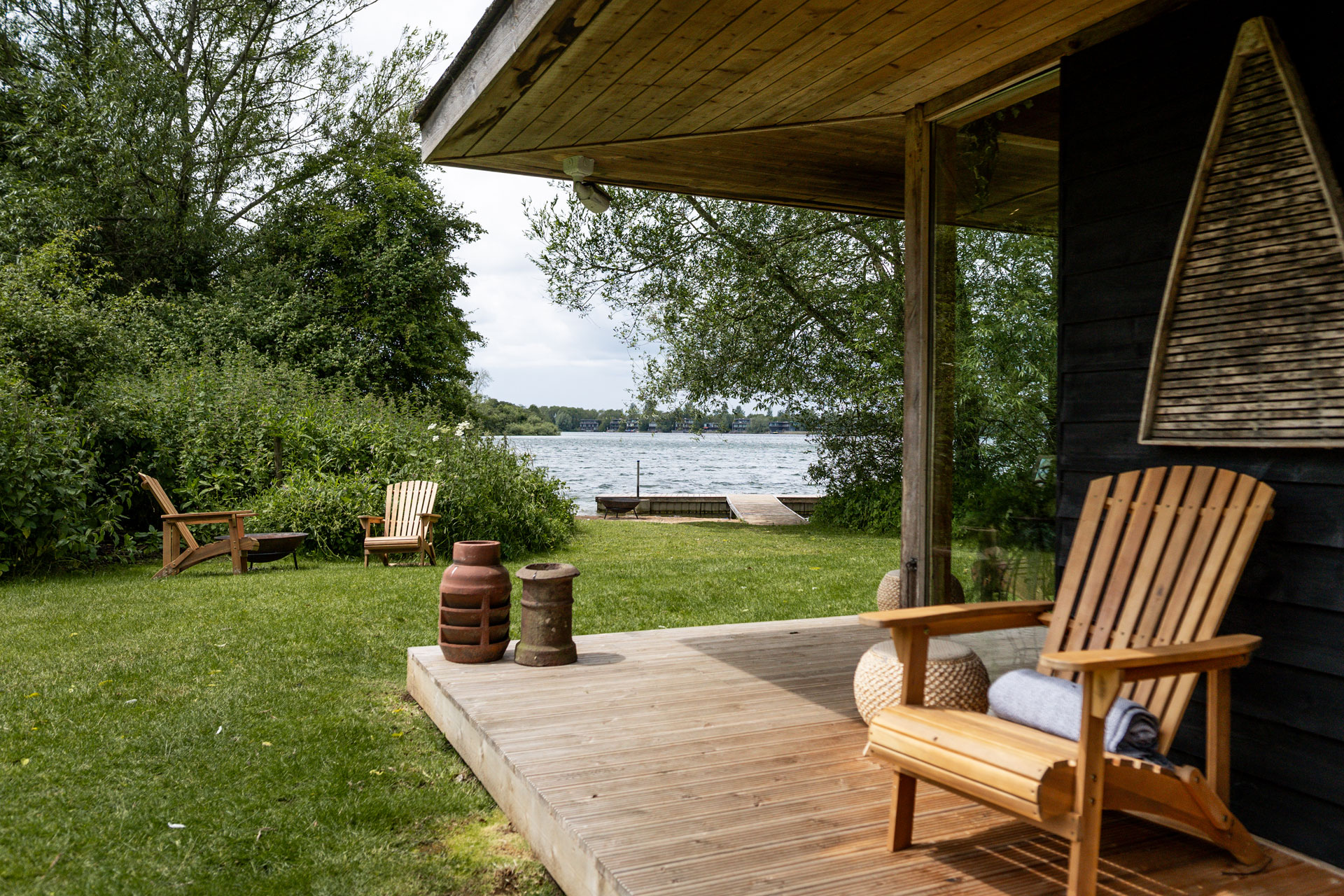
Longevity is the biggest buzzword in the health sphere right now. Everyone is desperate to know how they can extend their health-span – and where better to learn than at a dedicated retreat? Camilla Hewitt attended The Longevity Retreat at The Lakes by YOO, hosted by the Chopra Foundation by Dr. Deepak Chopra, a world-renowned pioneer in integrative medicine and personal transformation. Here are her key takeaways.
Review: The Longevity Retreat at The Lakes by YOO
As I prepared to meet Dr. Deepak Chopra at The Longevity Retreat, one question stood out: what is the secret to happiness? After all, if he was going to reveal how to live a longer, healthier life, I wanted to ensure those extra years were joyful ones. By the time I’d spent four days with Chopra, I realised that there is both a long, scientific answer and a short, sweet one to most questions. So, what is his prescription for happiness? The short answer is: ‘Ask yourself, Who am I? What do I want? What is my purpose? What am I grateful for? Then your consciousness will guide you there.’ Consciousness, in its simplest form, is awareness. Chopra’s passion lies in consciousness – how awareness can positively shape our interpretation of the world and influence what we attract. ‘We can upgrade the illusion,’ he says.
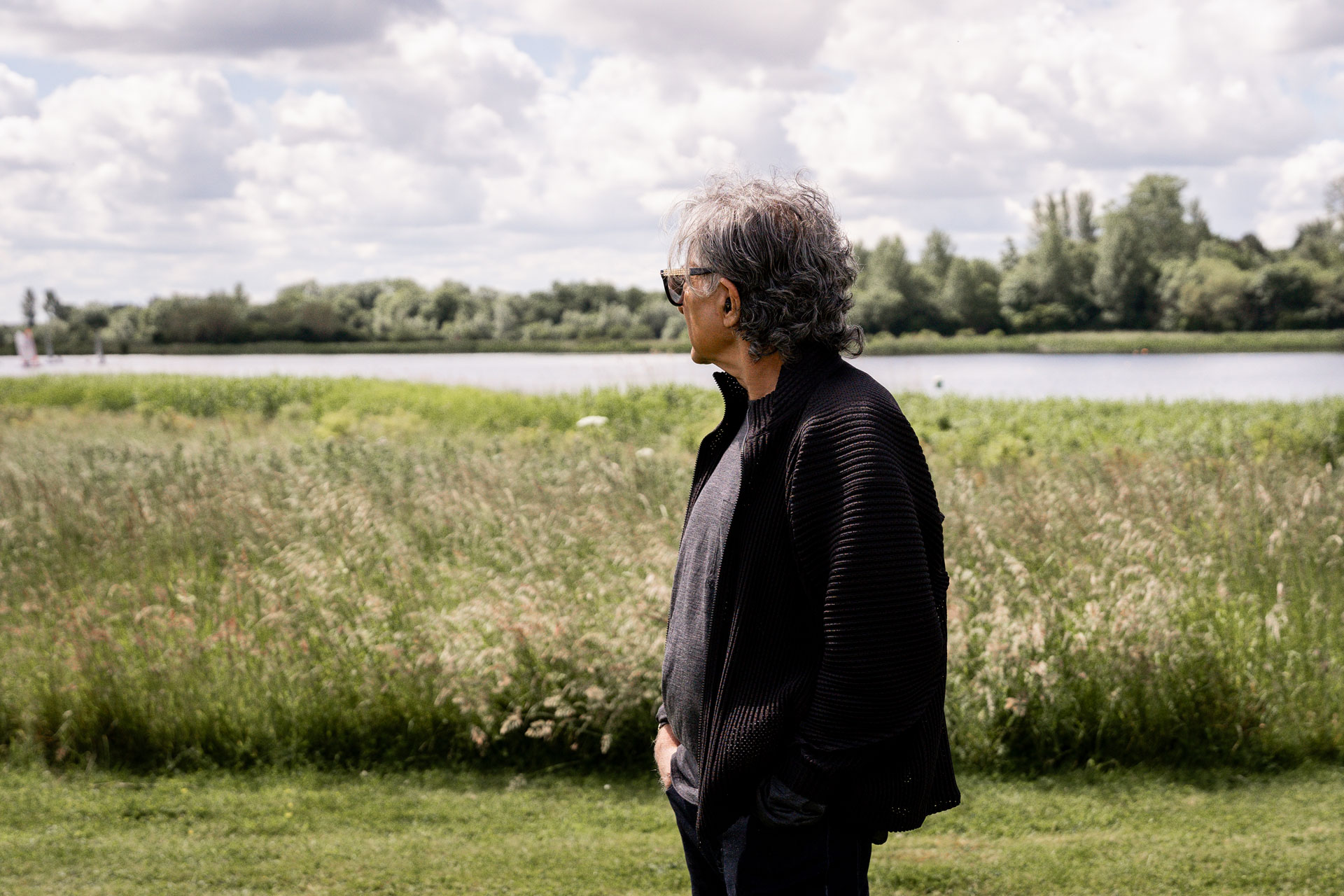
Now, for the longer explanation. According to Chopra, there’s a ‘Happiness Equation,’ determined by social scientists, which includes three components: H = S+C+V. The first component, S (setpoint in the brain), refers to our inherent way of perceiving the world, shaped by our parents during our early years. ‘For example, if parents view situations as opportunities rather than problems, their child is likely to adopt the same mentality.’ This setpoint accounts for 50 percent of our happiness, and fortunately, it can be positively influenced through reflective practices such as meditation.
The second component, C (conditions of living), represents 10 percent and includes external factors like financial security and material success. The third component, V (voluntary choices), constitutes the remaining 40 percent and refers to our daily decisions and actions that contribute to our overall wellbeing and happiness. Chopra explains that there are two types of voluntary choices: those for personal pleasure, which are temporary, such as shopping, and those for meaning and fulfilment, which usually involve making others happy.
Our daily choices and environment not only affect our happiness but also influence our health and biological age too. In fact, it’s estimated that up to 95 percent of chronic diseases are caused by environmental factors, or, in scientific terms, epigenetics. Chopra tells us, ‘Even though we all have genetic predispositions, our health and ageing aren’t predetermined. Ninety-five percent of gene mutations that may lead to disease are influenced by lifestyle. By making conscious choices in our behaviour, we can alter gene activity and slow down biological ageing.’
If Chopra believes that we have the power to slow down and even reverse some of the biological markers of ageing, how exactly do we achieve that? Chopra believes that there are ten vital elements for increasing our health span. The first is, of course, awareness, which involves reframing the meaning of ageing and changing our experience of time. Awareness is cultivated through meditation, another item on the list. ‘Meditation increases the level of telomerase, an enzyme in cells that helps keep them alive by adding DNA to telomeres (the ends of chromosomes). It also increases the activity of genes that are responsible for self-regulation and health,’ he tells us.
Other elements on the list include moderate exercise, nourishing your body with healthy foods, restful sleep, eliminating toxins (toxic foods, relationships, emotions, and environments), nurturing love and friendships, nutritional supplements, and vagal activation. The vagus nerve transmits information between the brain and body, regulating functions such as digestion, heart rate, and breathing. Cold-water swimming, popular for its vagal stimulation, activates the parasympathetic nervous system, calming the body during ‘fight or flight’ situations.
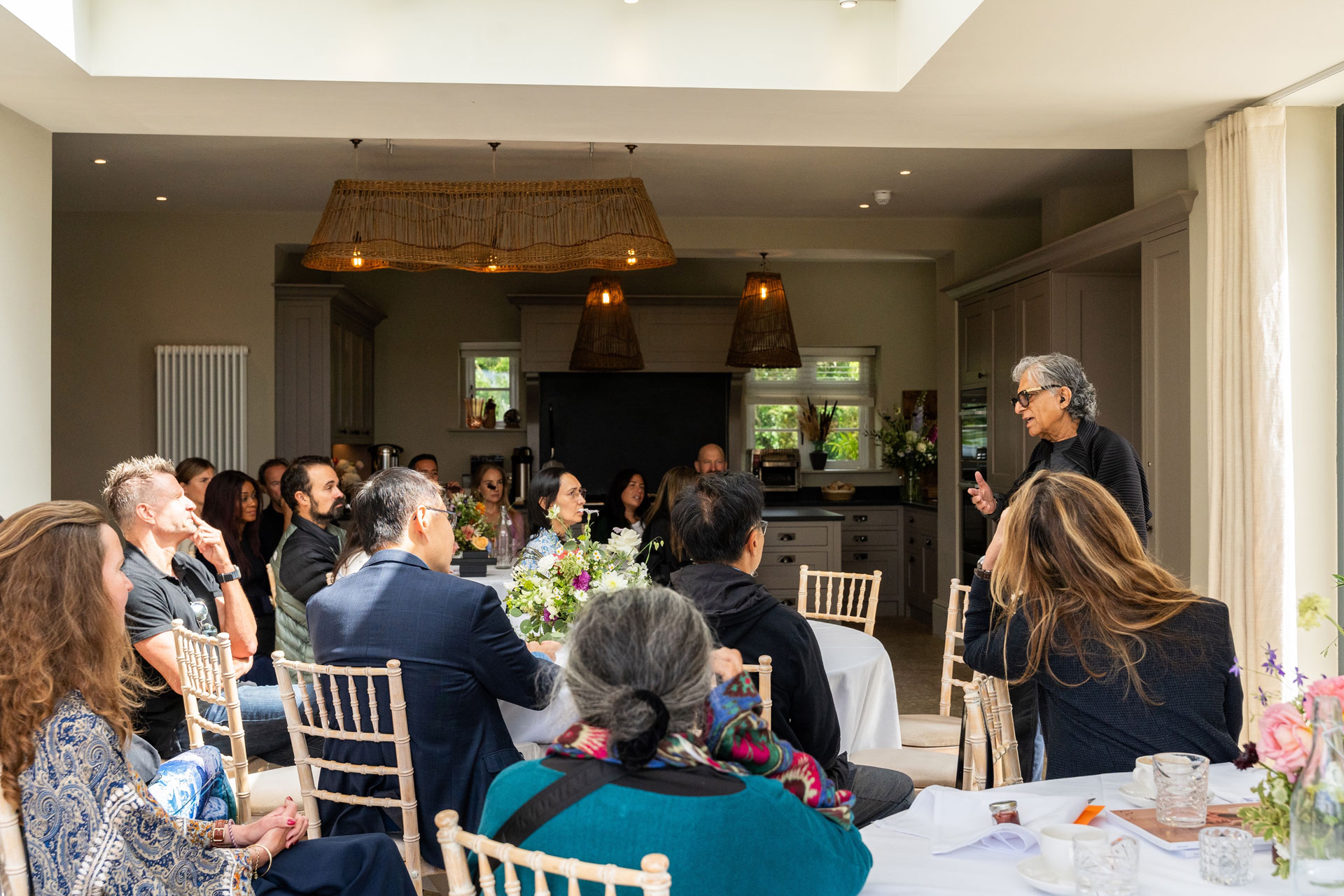
However, Chopra suggests that simpler techniques like eye exercises, humming or chanting, and nose breathing can effectively return us to the ‘rest and digest’ state of the nervous system.
While much of Chopra’s teachings encourage stillness, he is still moving with the times. This is evident from The Chopra Foundation’s latest announcement: Digital Deepak, an AI twin powered by the collective wisdom of his 97+ books.
During the retreat, Chopra highlighted the significance of scientific and technological advances by introducing two companies that are leading the way in the field of longevity. Built by the pioneers of the human genome sequencing effort, Human Longevity offers its members data-driven health checks to identify the risk of disease early. Their mission is to amplify the span of life, health, and high performance by providing actionable diagnostics and recommendations. On the first evening, CEO Dr. Wei-Wu He made this analogy: ‘The Titanic was a healthy vessel until it hit an iceberg. We all have an iceberg, and now we have the resources to find out what that is – our very own GPS.’
Western medicine has traditionally been reactive, addressing symptoms as they arise. In contrast, Eastern medicine has always put emphasis on prevention. Fortunately, the West is increasingly embracing preventative lifestyle habits, integrating practices such as yoga, meditation, and acupuncture. By combining insights from our personal health data with Eastern philosophies that emphasise mental and spiritual wellbeing alongside physical health, we can adopt a more comprehensive approach to longevity.
Chopra’s second addition to the Longevity Retreat programme was Professor Augustinus Bader and Charles Rosier, co-founders of the renowned skincare brand Augustinus Bader. Commenting on their inclusion, Chopra noted, ‘If you’re going to live to 120, you’re going to want youthful-looking skin.’ Just as with disease, a high proportion of skin ageing is a result of environmental factors and lifestyle choices instead of genes. Recalling some of what we have already learned, Bader explained, ‘Epigenetic science tells us that how we age depends not only on our genes but also on what we do with them. Lifestyle factors, such as what you eat, where you live, when you sleep, and how you exercise, can eventually cause chemical modifications around the genes that will switch specific genes on or off over time.’ He adds that ‘no beauty product can change your genetic blueprint; however, there is a possibility to influence which genes are expressed.’
In 2008, Professor Bader developed a groundbreaking wound gel, a medical-grade prototype that promotes the natural self-repair of traumatic wounds at a cellular level. From diabetic wounds to third-degree burns, the wound gel eliminates the need for surgery, skin grafts, or scar revision. Several years later Bader met Rosier, who had the vision to apply this technology to consumer skincare products in order to help fund Bader’s research. By creating the optimal environment for the body’s natural renewal processes, the TFC8®, Trigger Factor Complex TFC™ can address individualised concerns such as fine lines and wrinkles, redness, hyperpigmentation, cellulite, stretch marks, and damage caused by external stressors. ‘We all have the means to course-correct,’ Bader remarked. ‘Our formulas help to do this and can be used at any age by supporting the body’s natural renewal process. It’s something that empowers your body and your skin to be healthier.’
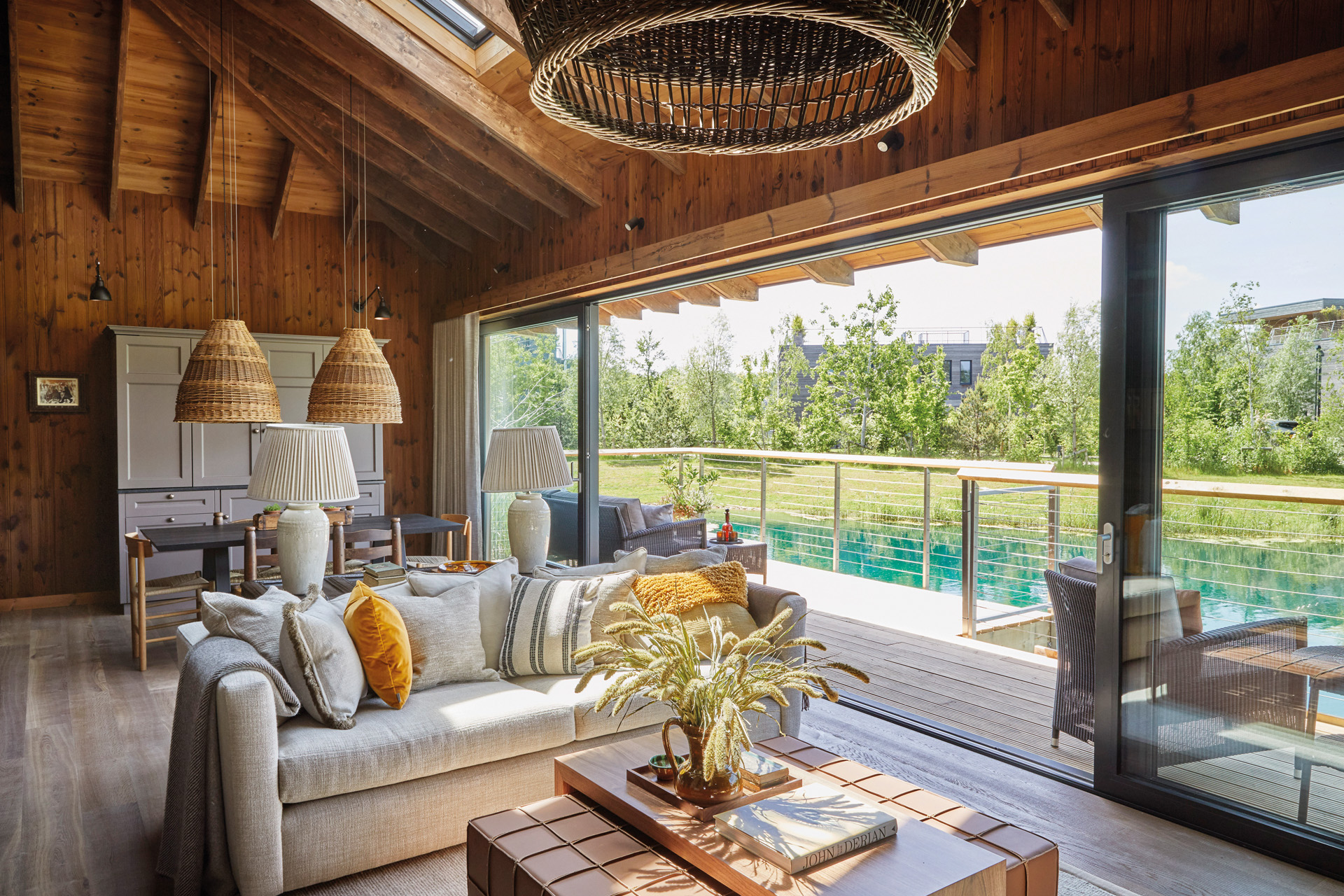
The Lakes by Yoo
At the end of the retreat, Chopra shared some parting words: ‘The ideal way to age is to have the biology of youth and the wisdom of experience.’ I have to admit, I was uncertain whether this experience would bring complete clarity or leave me more confused. However, the message was straight-forward: once we know ourselves, our mind, and our body, we can significantly extend our health span, allowing us more time with the people we love.
I left The Lakes enriched by Chopra’s wisdom and equipped with a new meditation mantra that would transport my mind back to retreat whenever I needed a reminder of the lessons in longevity, or happiness, for that matter. The Lakes by YOO has become a destination for wellness, thanks to the idyllic environment cultivated by owners John Hitchcox and Phoebe Vela-Hitchcox, who have planted over half a million trees on the 850-acre estate. The on-site offering includes water sports, nature walks, arts and crafts workshops, and spa rituals from COSMOSS and Wildsmith Skin. It was John Hitchcox, who had previously attended some of Chopra’s events in New York, who initiated the partnership between The Lakes by YOO and the Chopra Foundation, a retreat that hopefully becomes an annual event.
FIND OUT MORE:
thelakesbyyoo.com / choprafoundation.org




